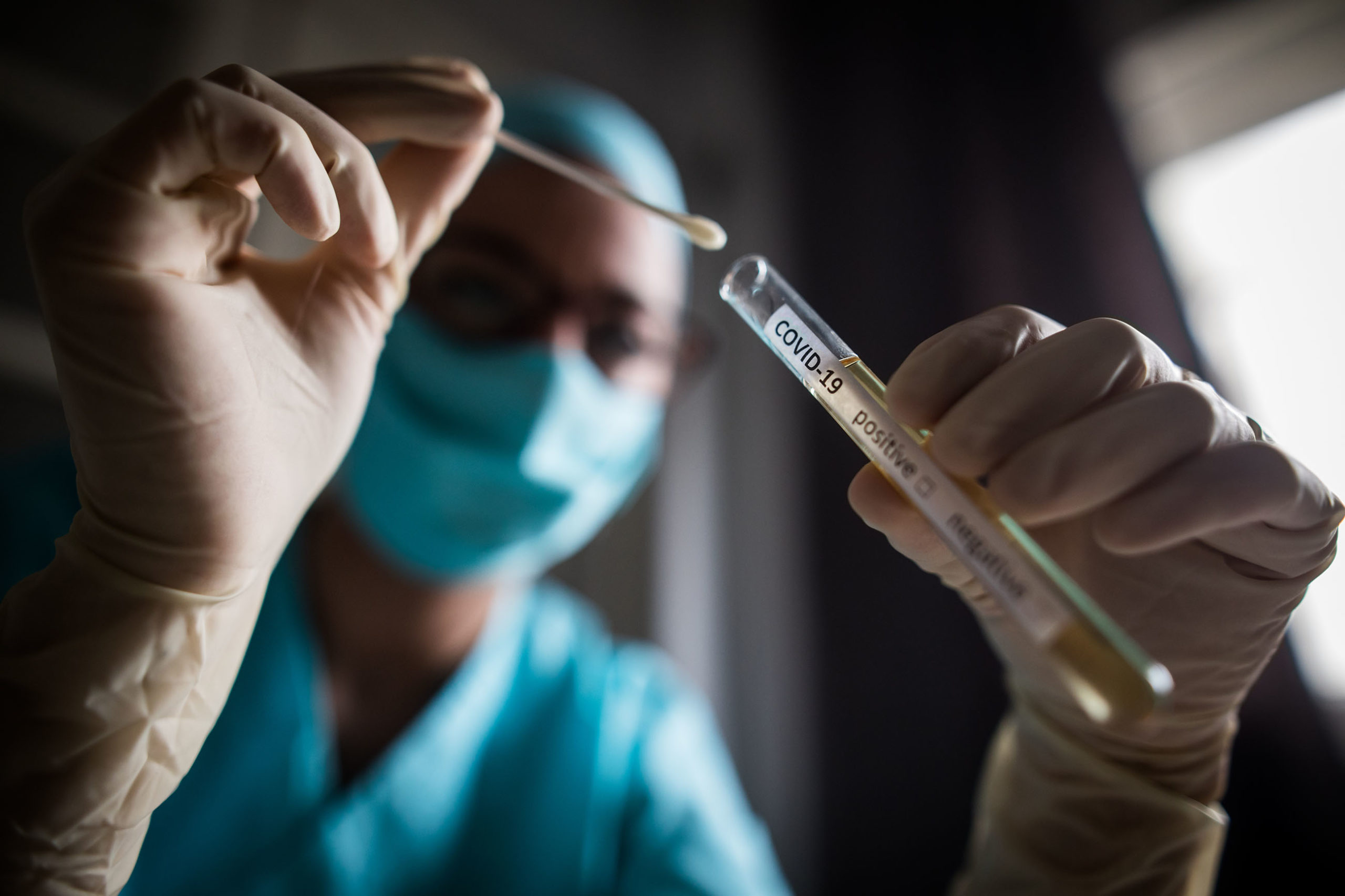The Covid-19 pandemic is shining a spotlight, bringing into sharp relief a range of fissures, cracks and marginalisations in societies throughout the world. Although often characterised as a health crisis, it is in fact multi-dimensional, as much a social phenomenon as a health crisis. Like many other epidemics, this crisis is revealing and reinforcing inequalities and anxieties, discrimination, and division; but also, galvanising solidarities and collective action.
Covid-19 response needs recognition of interrelated complexity of challenges and therefore needs for a response that is participatory, led by communities rather than ‘top-down’ focussed to addressing binary questions.
To better understand and act quickly, the research community has jumped to action and a number of global research initiatives have been launched. Although predictions had long been made of a crisis of significant magnitude, eager minds are trying to better understand from past pandemics with the eyes firmly on the future.
But in a rush to do good works, it’s easy to lose sight of obvious connections and overlaps. In our desire for speed we must be careful not to compromise on quality, overlook views or skim the surface of complex issues. This is a collective journey. The need to ensure that we join up the research dots has never been more needed.
New UN Research Roadmap
Co- constructed over 10 weeks, the newly launched UN Research Roadmap for the Covid-19 recovery outlines is welcomed as we navigate a huge wealth of information. After a global consultation with 250 experts, it has identified five research priorities for each of these five pillars – health systems and services, social protection and basic services, economic response and recovery, macroeconomic policies and multilateral collaboration, social cohesion and community resilience. Under this framework, the Roadmap aims to bring coherence to a diverse set of challenges as it attempts to answer the question: How can Covid-19 socio-economic recovery efforts be purposefully designed to stimulate equity, resilience, sustainability and progress towards the SDGs?
The UN highlights that “recovering better from COVID-19 will depend on bold efforts to strengthen health systems, shore up social protections, protect economic opportunities, bolster multilateral collaboration, and enhance social cohesion”.
Creating knowledge sharing environments
This line of thinking is strongly in line with work recently started at IDS. Through programmes such as the FCDO-funded Covid Collective, and the IDRC-funded Supporting Knowledge Translation for Research on Socio – Economic Responses to Covid-19, IDS is working with diverse groups of researchers and creating knowledge sharing environments that can capture micro and macro impacts.
The research being undertaken with support from the Covid Collective is focusing on governance, social development and inclusion, conflict and humanitarian challenges – all concerns that we see reflected in the Roadmap. In this way we hope to support research initiatives to promote and capture learnings of and beyond individual projects, which can guide national, regional, and global policies and actions, and foster peer-to-peer learning and exchange. These projects include reflective learning components and intend to build networks and connections that long outlive the current crisis.
The level of ambition of the Roadmap is commendable, bold and urgent, and within it is a call for greater reflective learning. This is something very close to IDS’s heart as we recognises that in a rush to better understand we must be sure to make space to listen and share our collective understandings of lives as we all face some of the most challenging times. The need for collective, joined-up efforts is also crucial in an agenda with the Roadmap’s breadth if the wide array of research this builds upon, and newly sparks, is to add up to something greater than the sum of its parts. Otherwise there is a risk of fragmentation, and a return to the often criticized but hard to break habits of working in silos.
We look forward to engaging with others through our collective work, connecting to the vision and impetus of the Roadmap, sharing our findings, evidence and learning, and together working towards a transformed world by building forward differently.
